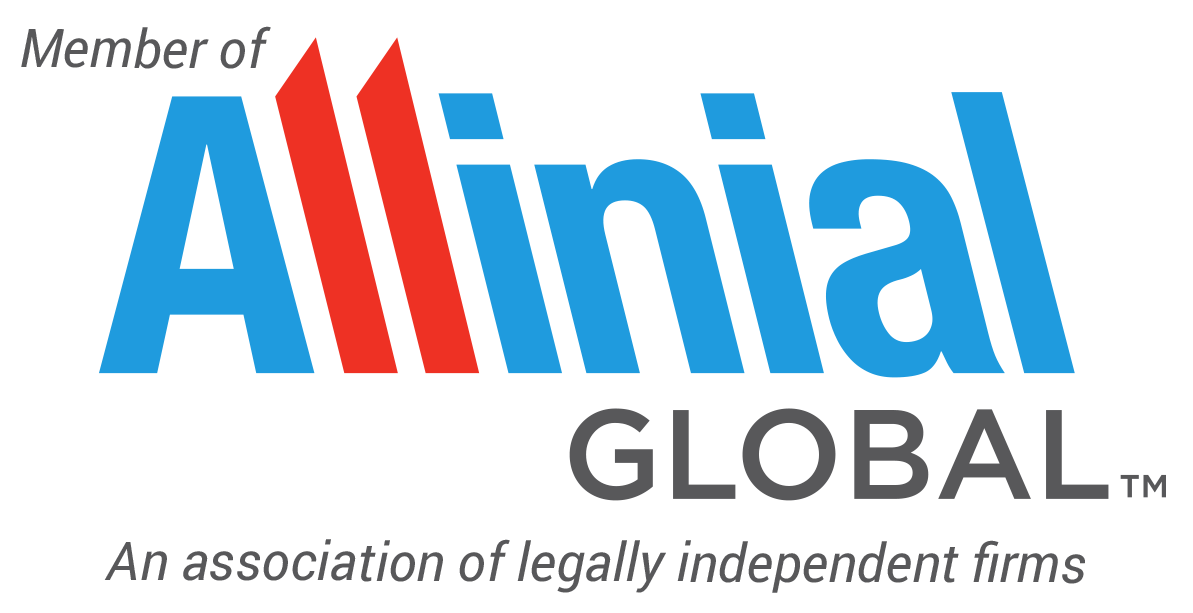Inheriting assets, whether expected or not, can trigger many questions for the beneficiary of an estate. Even if details of how assets should be distributed to beneficiaries are well documented, the will does not answer many basic questions the inheriting beneficiaries often have. We’ve compiled a list of the most frequently asked questions when it comes to inheritance.
Question: Do I have to pay tax on inherited property?
Answer: No, you should not have to pay any taxes when you inherit assets. If the inherited assets are distributed to you from a taxable estate, the estate is responsible for paying the tax. While you will not pay taxes on inherited assets, you will have to pay tax on any income those assets produce. For example, if you inherited a non-ROTH retirement plan, you would have to pay taxes on the distributions you receive. A ROTH retirement plan would still give you the benefit of tax-free distributions. For both retirement plans, the distribution options and timing of distributions will depend on your relationship to the decedent. Recent tax law changes have essentially eliminated the traditional approach of stretching distributions, making inherited non-ROTH retirement assets cause a material shift for the beneficiary’s tax bill. Another example of this would be if you inherited a brokerage account. You would not owe any tax initially, but you would have to pay taxes on any interest, dividend, or capital gain income produced by the brokerage account.
Question: What is my basis in inherited property and how am I supposed to figure it out?
Answer: Under current tax law, assets receive a step-up in basis when the original holder dies. Therefore, your basis in the assets would be the fair market value (FMV) on the decedent’s date of death. If an estate tax return is filed, the estate can make an election to use an alternate valuation date. The alternate valuation date is 6 months following the decedent’s date of death. If you are inheriting assets from a taxable estate, you will receive a copy of form 8971. This schedule lists all the assets being distributed to you and their FMV on the decedent’s date of death or if elected, the alternate valuation date.
If no estate tax return is being filed, you need to take the steps needed to determine the asset’s FMV. For assets such as cash or marketable securities, this is an easily identifiable amount. However, for assets such as real property or an interest in a business entity, a market appraisal or business valuation as of the decedent’s date of death, or alternate valuation date, may be completed. If you decide to sell the inherited property in the future, having the appropriate appraisal or valuation is the most way to prove your basis to the IRS when calculating gain and any subsequent tax due. This is vital as the IRS has assigned a zero basis to inheritors of property due to the lack of proof for their basis, leaving them with a costly tax bill that could otherwise have been avoided.
It is important to note here that under the proposed estate tax law changes, the step-up in basis on the inherited property could be eliminated. This means as a beneficiary, your basis in the property would be the same as what the decedent’s basis was, leaving you more likely to have large gains on the disposition of the property. This change also can be an administrative headache for assets where the original cost has been lost or forgotten and held for a long time.

Question: What is my holding period on the inherited property?
Answer: The holding period on the inherited property will always be considered long-term. Even if you sell the asset the day after you receive it, it will still be considered a long-term holding period.
It is important to note here that although gifting is often used as an estate-planning strategy, the basis calculation and holding period rules for a gifted property are completely different than what is discussed above for inherited property. For more information on a gifted property, please consult your ATKG tax advisor.
ATKG Recommendations:
One of the most important things you should do if you inherit property is to document and keep track of your basis. Whether you receive a Form 8971 or have a valuation or appraisal done, knowing your basis in the property is vital when it comes time for you to sell or gift the property. It would allow you to have an accurate gain/loss calculation and prove to the IRS if they were to question the transaction.
Another item to consider upon receiving inherited property is whether you want to hold the property outright or in an entity. The biggest benefit of holding the property in an entity would be the extra level of liability protection you get that you would not have by holding it personally. Of course, this is going to be entirely dependent on the type of property you inherit. For instance, if you are inheriting cash, there is no extra benefit of putting the money into an entity. However, if you inherit a commercial rental property, it would be a good idea to transfer that property into an entity to ensure you are not personally liable for any incidents. At ATKG, we have a dedicated team of professionals ready to answer your estate-related questions. Whether you are creating your own estate plan or are the next in line to take the reins, we’d love to hear from you.
Ryan Fluegge is a tax professional with ATKG – having joined in August of 2019. That same year he graduated from Texas State University, where he earned a double major and received his bachelor’s degrees in Accounting and Finance. Ryan’s work ethic and dedication are especially impressive as he graduated Magna Cum Laude while managing a full-time job throughout college.
